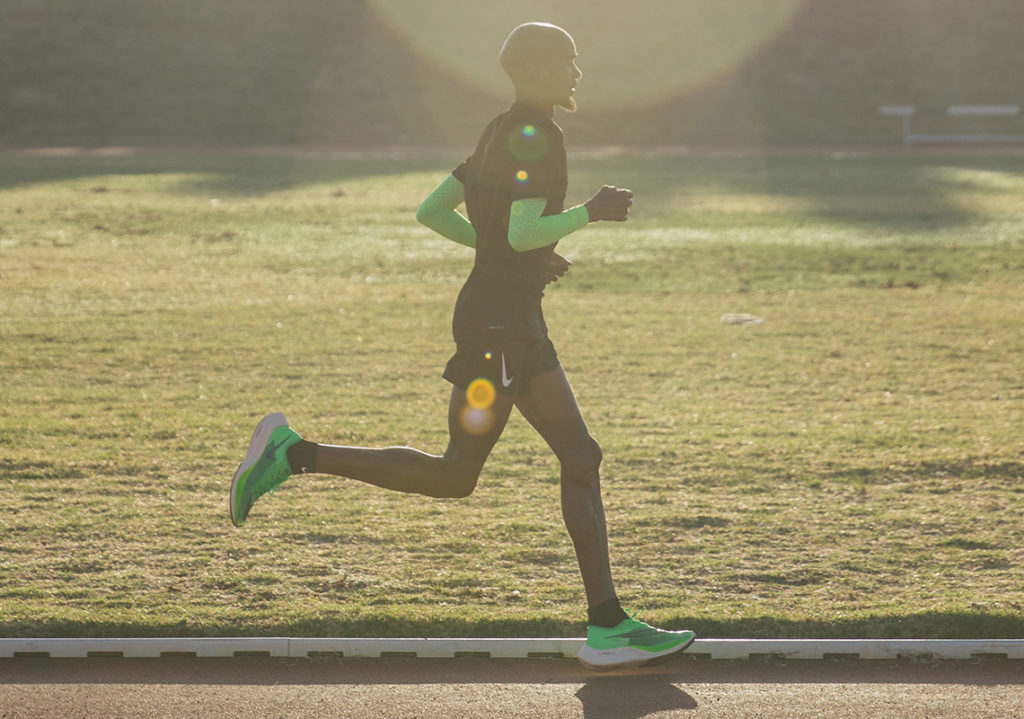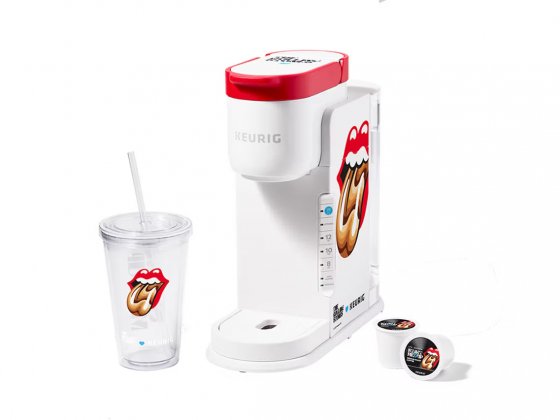The Nike VaporFly NEXT% has been approved by World Athletics for official sporting competitions.

The revolutionary VaporFly NEXT% made a splash when Kenyan runner Eliud Kipchoge ran a marathon in less than 2 hours in 2019 in Vienna. For a number of reasons, the record was not counted then. But disputes arose whether it was worth considering this achievement seriously at all, because it became possible not without the help of unique shoes.
The shoes the runner wore were created using computational design and were perfectly tailored to the athlete's feet. Not only the structure of his body was taken into account, but also the force of the impact of the legs on the material and other similar data. As soon as it was discovered that sneakers in some ways are bad or inconvenient, appropriate changes were immediately made to them.

Opinions were divided. Some felt that thanks to the unique shoes, the athlete received a certain advantage over his rivals, which means that his achievements are dubious. There was even the term "technological doping". Others didn't see anything reprehensible in the use of computationally designed shoes. And now the decision of World Athletics put an end to these disputes.
After discussing the legitimacy of Eliud Kipchoge's victory, the organization decided not to ban the VaporFly NEXT% and other similar shoes already on the market. But it was decided to temporarily suspend the introduction of any new technological innovations until the end of the Tokyo Olympics.
An additional study will also be carried out to evaluate all such solutions from those present on the market, as from Nikeand from competitors. Most likely, the result will be the introduction of more stringent rules and regulations. The results should be expected no earlier than in a month.










